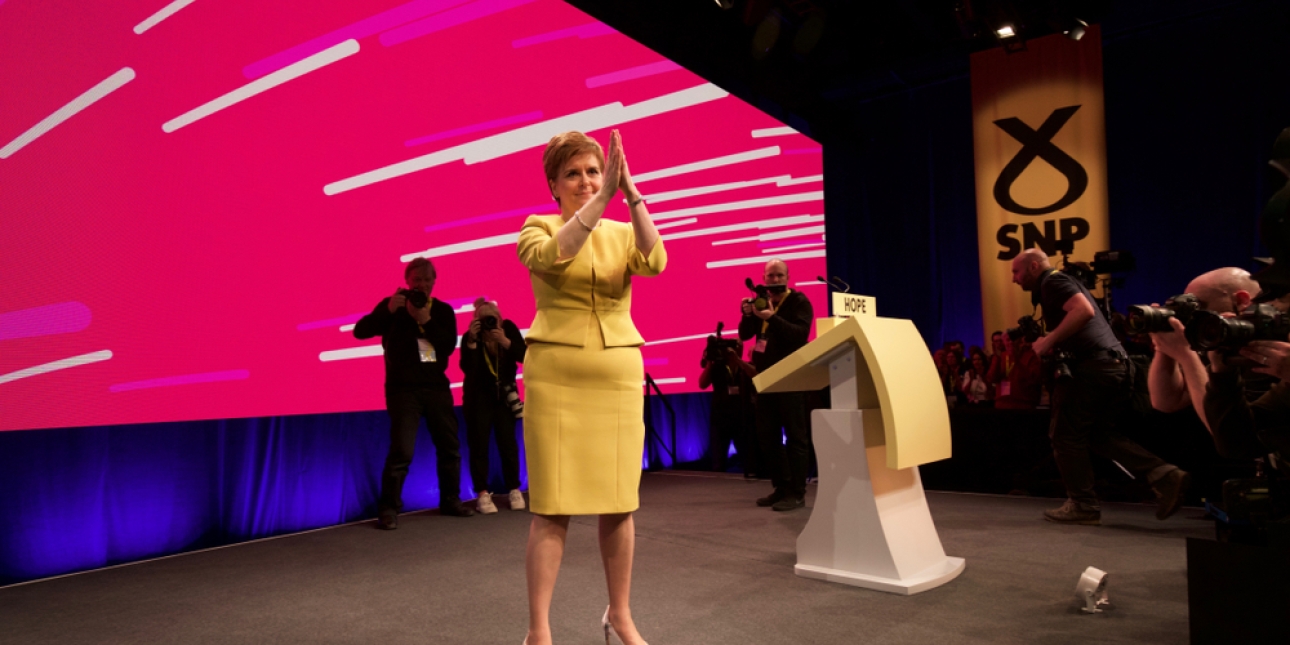Cheerio: in praise of Nicola Sturgeon's short goodbye
Savvy comms professionals will see that her rapid move was the only viable option
Since the surprise news of Nicola Sturgeon’s resignation as Scotland’s First Minister, much comment and analysis has focused on her decision being ‘unexpected’.
This is clearly a consequence of the political media’s tendency to frame politics in terms of the personalities, drama and soap opera, rather than its real-world consequences. And don’t forget that calling a press conference ‘hastily’ arranged as has been done so many times is rather misleading; just because journalists were told at late notice, doesn’t mean the announcement behind it was rushed.
But savvy comms professionals will see past this and realise that, even if like me you don’t care for her politics, her rapid move was the only viable option.
After all, it is rarely possible to put an outright positive spin on the choice to step down from a senior position, unless for reasons such as personal tragedy or misfortunate.
So once Nicola Sturgeon had, privately or in collaboration with family or close allies, chosen to resign, what options did she have?
She could have chosen the Tony Blair model of making clear that she’d step down at some point in the future. But those of us old enough to remember the last months and years of Blair will remember this as a time when the man himself, and his relationship with annointed successor Gordon Brown, became the story. This circus ultimately distracted from the serious business of government, and tarnished the wonderful accomplishments which New Labour had achieved in many (but, ahem, by no means all) areas.
Another option; putting a firmer date on it than Tony ever did, would have been a mistake. Even if only for a period of a few months, she would have been rendered her a lame duck in the way that we see with those nearing the end of a term of office, or whose appointed successor is preparing to move in.
So what else was there? A swift announcement and immediate leadership election was the only sensible option.
The lessons that a communicator in any sphere can draw from this are obvious. As we all know, communications are best when they are clear, decisive and specific. Ambiguity and emptiness do not breed confidence in media or stakeholders.
On top of this, in a corporate setting it is often preferable for internal machinations such as resignations or other administrative activity to be low-profile. Yes, it is important that there is transparency, but you’re often just announcing it in order that you can show that you have announced it, rather than because you’re hoping many people take notice.
Clearly, in the case of a resignation of a political leader, low-profile is impossible. This means that the best you can do is be quick, and then move on, rather than leave narratives to fester.
Further reading: Farewell to Scotland’s First Lady: Sturgeon leaves her mark
Sam Burne James is a freelance PR and comms professional based in the south-east of England (but the occasional wearer of his late grandfather’s Sinclair tartan).

